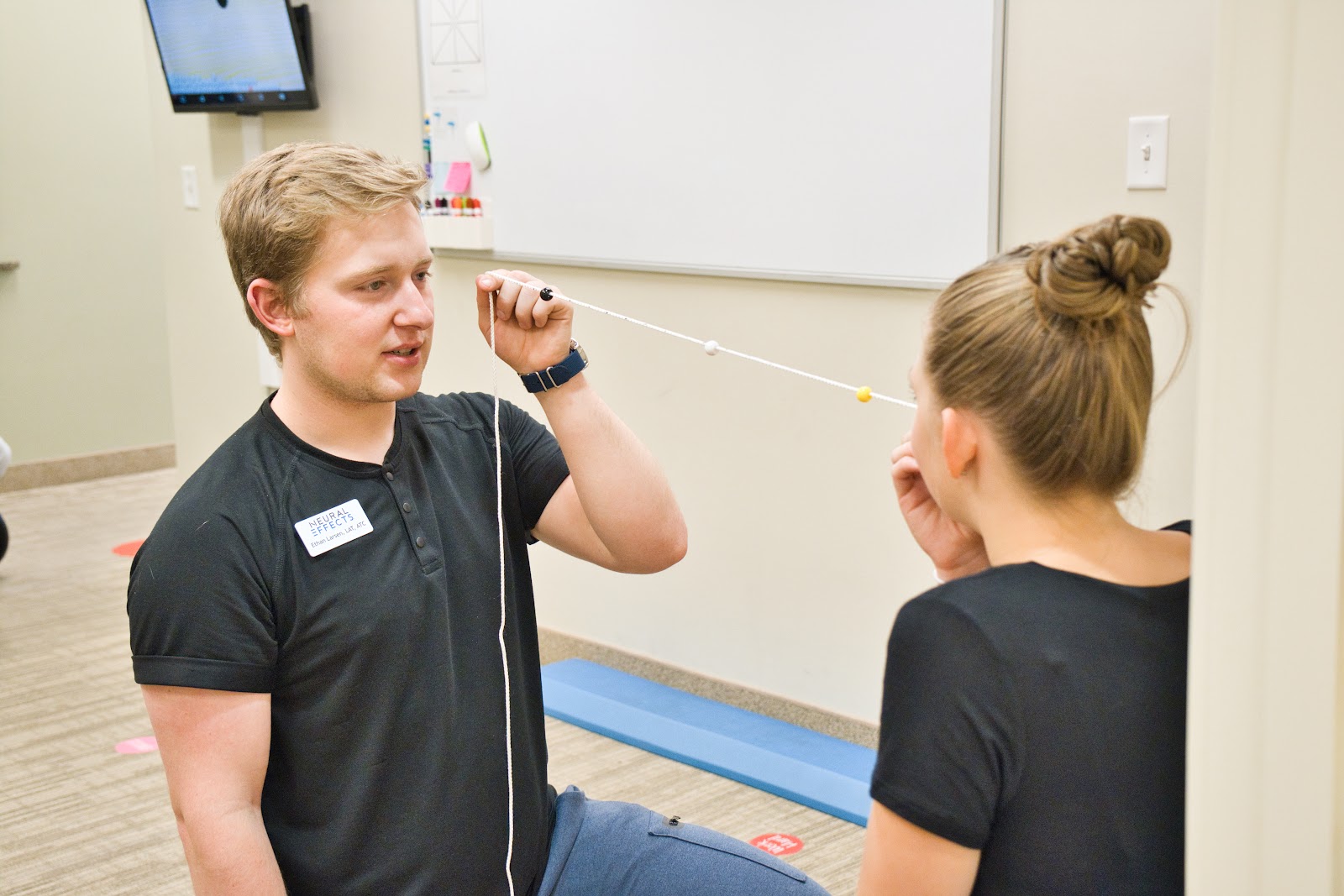Got a concussion and wondering when you can safely hit the gym again? It’s crucial to get the timing right for your brain’s health. In this article, we will cover the essentials on when and how to resume exercising after a concussion. We’ll guide you through expert recommendations and safe ways to reintegrate physical activity.
Contents
How Long Should You Wait to Exercise After a Concussion?

If you’ve recently experienced a concussion, you may be wondering when it’s safe to return to exercise and physical activity. Traditionally, the advice has been to rest and limit any kind of exertion until symptoms subside. However, recent research suggests that this approach may not be the most effective for concussion recovery.
According to a study conducted by the University of Michigan, engaging in light exercise under the guidance of a trained clinician could actually speed up the healing process and reduce symptom recovery time. The study monitored over 1200 college athletes at 30 institutions nationwide and found that those who began light exercise within 48 hours of their concussion were considerably more likely to see their symptoms resolve compared to those who did not exercise.
In fact, athletes who waited roughly eight days or longer to start exercising were significantly less likely to experience symptom recovery and took about five days longer to recover overall. On the other hand, those who engaged in light exercise within 48 hours saw their symptoms resolve in about half the time as those who waited more than a week to exercise.
It’s important to note that the study wasn’t designed to establish a causal relationship between exercise and concussion recovery, but the findings align with previous smaller randomized controlled trials that also found a positive relationship between early exercise and symptom resolution.
Effects of Exercise on Concussion Recovery:
Recent research suggests that engaging in light exercise under the guidance of a trained clinician within 48 hours of a concussion can actually help speed up the healing process and reduce symptom recovery time.
1. Early Exercise for Faster Recovery:
A study conducted by the University of Michigan found that athletes who started exercising within 48 hours of a concussion were more likely to experience symptom recovery and had a shorter overall recovery time compared to those who waited longer to start exercising. This early exercise was particularly beneficial for athletes at risk of persistent concussion symptoms.
2. Enhanced Healing Process:
Engaging in light exercise early on after a concussion can have a positive impact on the healing process. Controlled exercise has been shown to help normalize the physiological dysfunctions associated with concussion, including autonomic nervous system (ANS) dysfunction and elevated cerebral blood flow (CBF) levels. By gradually increasing physical activity, the body can adapt and recover more efficiently.
3. Individualized Approach:
It’s important to note that each concussion is unique, and the exercise plan should be tailored to the individual. Consulting with a healthcare professional who specializes in concussion management is crucial. They can create a personalized exercise and activity plan that takes into account the severity of the concussion, symptoms, and other factors specific to the individual.
4. Returning to Sport Safely:
Exercise can also serve as a useful tool in determining when an athlete is physiologically ready to return to sport after a concussion. Monitoring exercise tolerance and gradually increasing the intensity can help gauge the readiness of the brain and body to handle the demands of athletic activity.
What Exercises Can You Do While Recovering From A Concussion?

When it comes to exercising after a concussion, it’s important to start slow and gradually increase your activity level. Here are some exercises that can be beneficial during your recovery:
1. Light Aerobic Exercise:
Engaging in light aerobic exercises, such as walking or stationary cycling, can help increase blood flow to the brain without putting excessive strain on your body. These activities promote oxygenation and nutrient delivery to the brain, which aids in the healing process.
2. Balance and Coordination Exercises:
Concussions can affect your balance and coordination. Incorporating exercises that focus on improving balance, such as standing on one leg or performing heel-to-toe walks, can help retrain your brain and restore these skills.
3. Neck and Shoulder Exercises:
Concussions often result in neck and shoulder muscle tension. Simple stretching and strengthening exercises for the neck and shoulder muscles, under the guidance of a trained professional, can help alleviate discomfort and improve overall mobility.
4. Cognitive Exercises:
Concussions can impact cognitive functions such as memory, concentration, and problem-solving abilities. Engaging in cognitive exercises, such as puzzles, word games, and memory tasks, can aid in rehabilitating these functions.
5. Breathing Exercises and Relaxation Techniques:
Managing stress and promoting relaxation are crucial during concussion recovery. Deep breathing exercises, meditation, and yoga can help reduce anxiety, improve sleep quality, and promote overall well-being.
Frequently Asked Questions:
What are some indicators that it may be too soon to exercise after a concussion?
Three indicators that it may be too soon to exercise after a concussion include lingering symptoms, new or worsening symptoms, and exercise intolerance. It is important to be cautious and consult with a healthcare professional if you experience any of these indicators.
What are the risks of starting exercise too soon after a concussion?
Starting exercise too soon after a concussion can be detrimental to your recovery. It can worsen symptoms, delay healing, and increase the risk of further injury. It is essential to follow the guidance of a healthcare professional to ensure a safe and effective recovery process.

Hello, I’m Ravindra. Over the years, I’ve immersed myself deeply into the world of fitness and health, transforming both my body and mind. Writing has allowed me to share my journey, insights, and expertise with those just starting out and seasoned fitness enthusiasts alike. Beyond just routines and diets, I believe in inspiring others to adopt a holistic approach to well-being.
